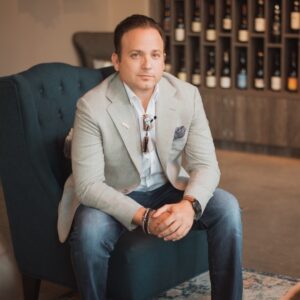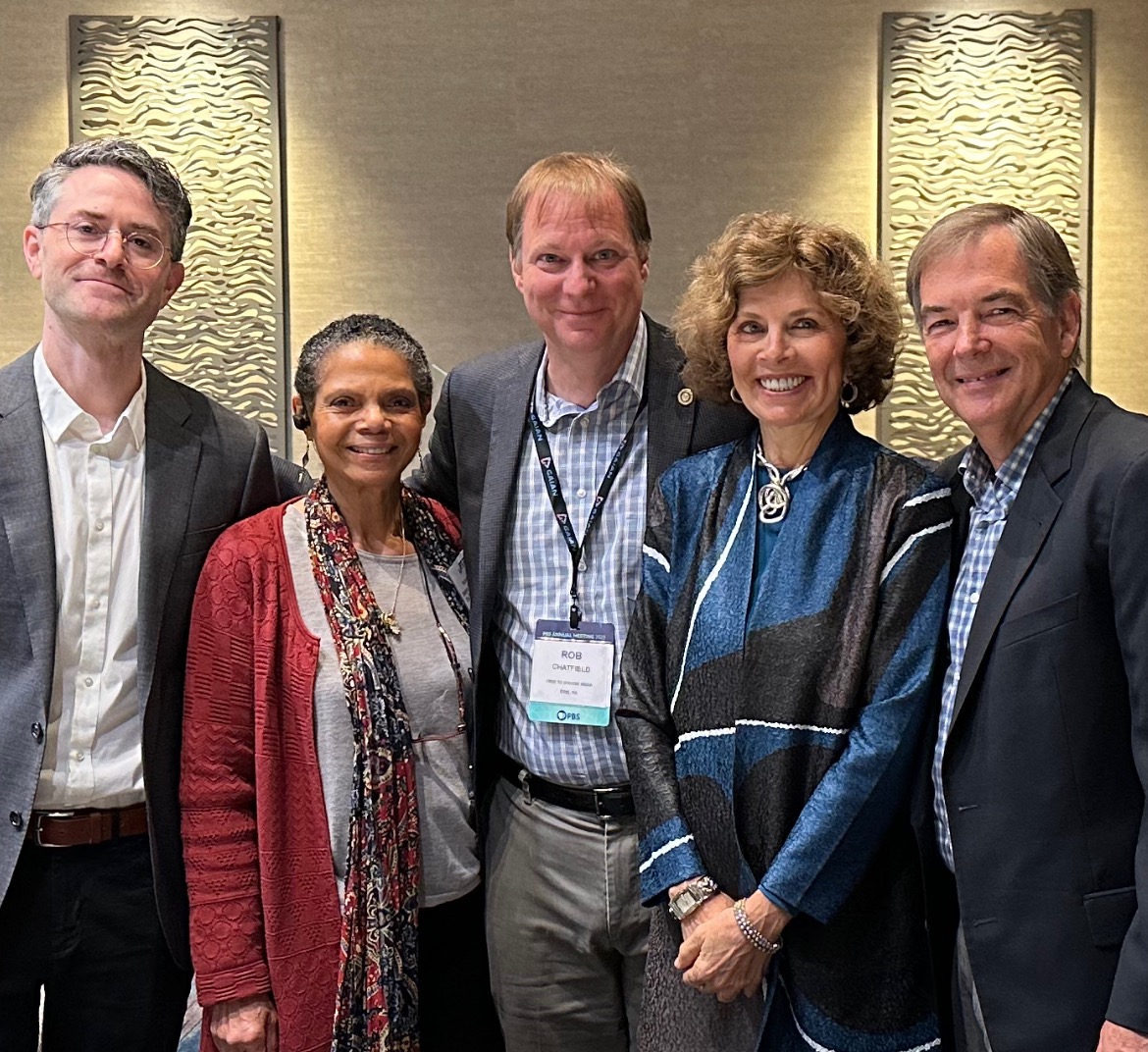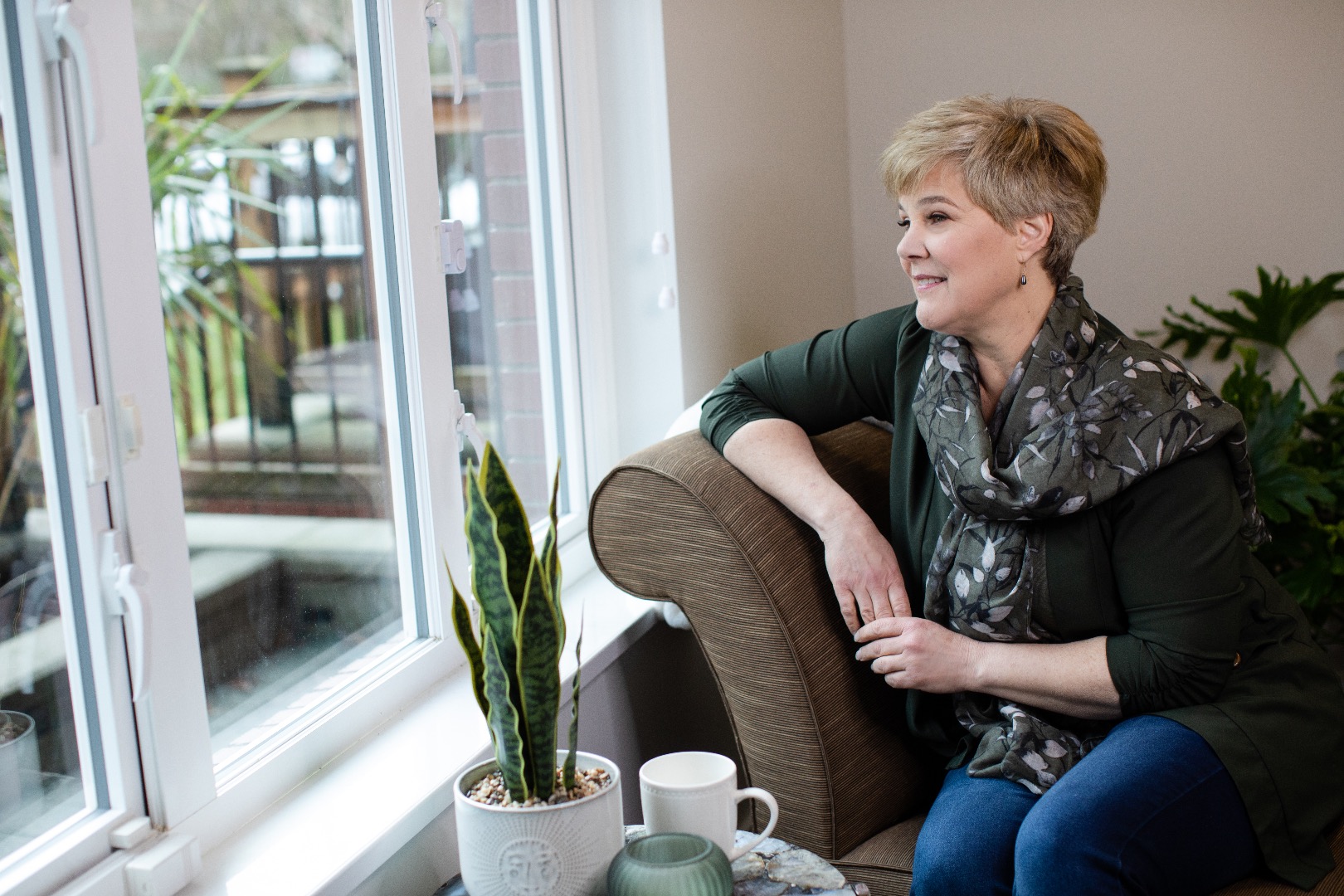Revolutionizing Leadership: A Deep Dive into Adriana Vela’s ‘Brain Science for the Soul
Adriana Vela emerges as a visionary force at the intersection of technology, marketing, and entrepreneurship, shaping a distinctive presence in the business landscape. As the founder of MarketTecNexus, LLC, Adriana has propelled her company to the forefront of strategic marketing consultancy. With a keen understanding of the ever-evolving technology landscape, she navigates the complexities of marketing with a unique blend of innovation and strategic insight.
Adriana’s multifaceted expertise extends beyond her role as an entrepreneur; she is also a seasoned author and speaker, sharing her insights on the dynamic convergence of technology and marketing. Her dedication to empowering businesses is evident in her thought leadership, where she explores the latest trends, challenges, and opportunities in the digital realm.
With a career marked by a commitment to excellence and a profound understanding of the digital landscape, Adriana Vela continues to inspire and lead. Her passion for staying ahead of industry trends, coupled with a strategic approach to marketing, positions her as a trailblazer, shaping the narrative of success in the ever-evolving digital age.
As the founder, what values and principles drive the mission of MarketTecNexus?
The values that guide every decision and their purpose are contained in the following statement:
“In an ever-changing world, we champion adaptive resilience, urge each member to own your impact, pledge to shape tomorrow, today, innovate with intent, and navigate with balanced agility.“
Adaptive resilience: We embrace change and nurture the grit and resilience to adapt and overcome challenges.
Own your impact: Every decision is made with the awareness of its broader implications for our team, clients, and the world.
Shape tomorrow, today: Being proactive and forward-thinking, we set the course for what’s next, leaving a better world for future generations.
Innovate with intent: Championing innovation that matters where every novel idea is rooted in purpose.
Balanced agility: Merging swift adaptability with thoughtful deliberation.
What challenges have you faced in building and growing your company, and how have you overcome them?
As an entrepreneur, the challenges in building and growing a company are many and common for the most part. The distinction comes when you consider the stage your business is at and the state of the economy, industry, social-political climate, or other relevant external factors. The frequency and intensity of these factors trigger emotional and behavioral responses with the potential to hinder positive outcomes. Healthy reflection, not rumination, on past missteps is a positive step toward taking a valuable lesson and becoming wiser and more robust. It’s about ‘owning your impact.’ One of my favorite quotes from Stephen Covey is, ‘I’m not a product of my circumstances, I’m a product of my decisions.’ Owning your decisions, good or bad, is very liberating but too often missed because of cognitive maladaptations and the individual’s relationship with failure and setbacks.
Can you provide an overview of the key concepts and insights that readers can expect to find in your new book, “Brain Science for the Soul – Time to Update Your Leadership Playbook?”
Readers can expect to see this as a transformative guide that intertwines the principles of neuroscience, cognitive psychology, and leadership. It takes the additional step to pull in the impact it has on our Soul and explores the concept of soul pain. It serves as a crucial tool for current and future leaders navigating the complexities of modern organizational environments on a backdrop of a world that is rapidly evolving and increasingly characterized by volatility, uncertainty, complexity, and ambiguity (VUCA). Current and aspiring leaders gain insights into various aspects of leadership through the lens of neuroscience. The human mind is explored from different perspectives, all while shedding light on the myths about the brain we were taught in school, the concept of social pain, toxic positivity, and when growth mindset goes bad.
In your book “11 Ways to Improve Your Human Condition,” you touch on improving the human condition. What led you to focus on this aspect, and why is it particularly relevant today?
As humans, we are a connected system of being. This means physical, mental, and spiritual. It is what makes each of us. The point of the “11 Ways to Improve Your Human Condition” is to pay attention to the holistic components of a human and understand how they impact each other, with special emphasis on the command center – the brain, the mind, and emotions. As the Covid pandemic unfolded, I anticipated a great need for this type of focus because of the expected aftermath, which I called Coronavirus PTSD (post-traumatic stress disorder). Creating awareness and an anchor to assist in processing the pandemic’s damaging effects was critical and still serves a purpose in dealing with other emotionally charged situations or disruptions.
How do you envision the future of self-help literature and personal development, and what role do you hope to play in it?
If you look at the stats for self-help literature and personal development, you get a sense of human nature. For example, from 2013 to 2019, the number of self-help titles nearly tripled from 30,897 to 85,253, and U.S. sales of these books grew to 18.6 million volumes annually. That is a lot of resources, and that being the case, why is it that we have a constantly growing mental health crisis? My view is grounded in my deep study of human nature. Sadly, human nature is full of good intentions, but action-takers and implementers are in short supply. Thus, many titles start as self-help but turn into shelf-help where they gather dust. The need and demand are there but cannot be relegated to just a book. Much like other education, it needs to be applied and practiced to make it permanent and fully integrated. You don’t build muscle by practicing as a spectator. You have to get down there and do the messy work. This is where my vision comes in and that is to empower readers with adjunct practicums, bootcamps, and other resources to get from concept to reality.
Download ‘Brain Science for the Soul’ today!
An expert in book marketing, Michael has personally rebranded more than 1,000 books and made them bestsellers. He has written and published over 7,000 articles and has personally conducted interviews with some of the biggest names in dance music. Michael is passionate about disrupting his industry--and helping writers and music producers do the same. His extensive background in coding and SEO helps his clients breakthrough the digital landscape.
Prior to founding his own businesses, Michael worked in revenue-generation for leaders in the banking, telecommunications, and commercial business insurance industries, including Citibank Financial, Lucent Technology, AVAYA Communications, and Liberty Mutual.
Michael holds degrees in Business Administration, Business Management and Marketing from Nova Southeastern University. The author of two books, he is a dedicated reader and publisher, with many more books on the way.
- Navigating Leadership and Fulfillment: Monique de Maio shares insight into ‘The 7 Secrets to Creating a Life You Love’ in Exclusive Interview - January 29, 2024
- Revolutionizing Leadership: A Deep Dive into Adriana Vela’s ‘Brain Science for the Soul - January 16, 2024
- Learn From This Blind Man How To Set Ambitious Goals – and Achieve Them - January 2, 2024




